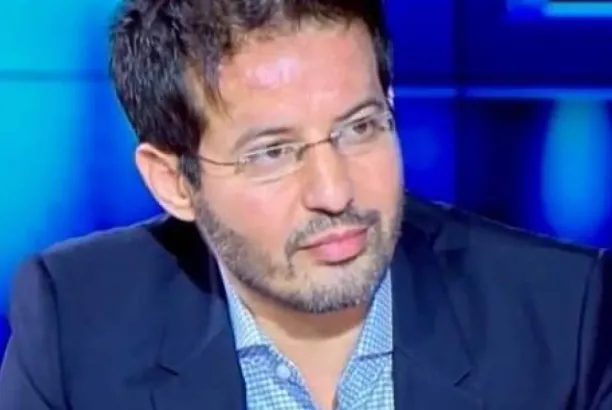
| Economic articles
Al-Barghouthi Writes: The Central Bank and the Postponement of the Collapse of the Libyan Dinar… A Late Early Warning
Professor of Political Economy Mohamed Al-Barghouthi wrote an article in which he stated:
Despite all the efforts of the Central Bank of Libya to control the monetary situation, the economic reality remains more fragile than ever before.What is happening today can only be described as a temporary postponement of a potential collapse, not real stability based on economic or financial strength.
Since the beginning of 2024, public spending has increased outside the framework of a unified budget, and governments have continued to adopt an unrestricted spending policy. With the absence of fiscal discipline, pressure has clearly begun to appear on the exchange rate, on reserves, and on the Central Bank’s ability to defend the dinar.The International Monetary Fund warned in its latest report that Libya faces a twin deficit in public finances and the current account, and that continuing high spending without a political agreement will place the currency under increasing pressure.
Although reserves appear to be at a comfortable level, the pace at which they are being depleted is concerning, as the Central Bank has become the sole entity bearing the cost of protecting the exchange rate.Raising the mandatory reserve ratio to 30%, increasing the liquidity ratio to 35%, and issuing investment certificates are all measures that provide extra time, but they do not address the root cause of the problem. A currency does not collapse due to a lack of monetary tools, but due to a persistent gap between public spending and the real economy’s ability to generate foreign currency. This gap is widening, and the parallel market is the silent indicator. The wider the gap between it and the official rate, the higher the cost of defending the dinar, and the less effective the Central Bank’s intervention becomes. With declining fiscal discipline, even a small drop in oil prices is enough to push the dinar rapidly toward a breaking point.
The reality that must be confronted is that the Central Bank is succeeding in delaying the collapse, but it cannot prevent it alone. If spending continues to exceed the state’s real capacity, if institutional division persists, and if the deficit continues to be financed without reforms, the dinar will enter a phase where no monetary policy can save it.
This warning is not a call for panic, but a call to understand that we are approaching the edge — and that crisis management requires financial and institutional consensus before it is too late.





